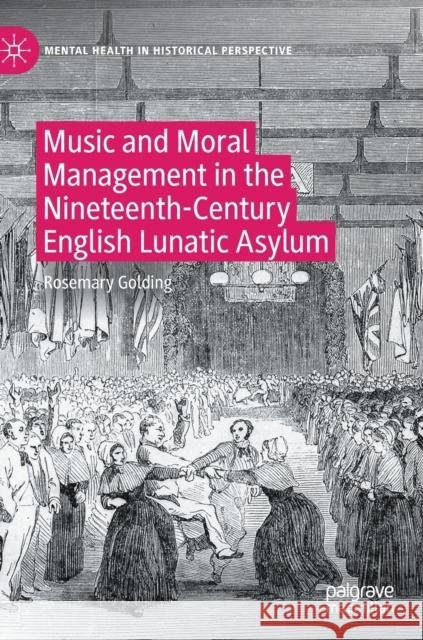Music and Moral Management in the Nineteenth-Century English Lunatic Asylum » książka
topmenu
Music and Moral Management in the Nineteenth-Century English Lunatic Asylum
ISBN-13: 9783030785246 / Angielski / Twarda / 2021 / 366 str.
Kategorie BISAC:
Wydawca:
Palgrave MacMillan
Seria wydawnicza:
Język:
Angielski
ISBN-13:
9783030785246
Rok wydania:
2021
Wydanie:
2021
Numer serii:
000793513
Ilość stron:
366
Waga:
0.61 kg
Wymiary:
21.01 x 14.81 x 2.24
Oprawa:
Twarda
Wolumenów:
01
Dodatkowe informacje:
Bibliografia
Wydanie ilustrowane
Wydanie ilustrowane











